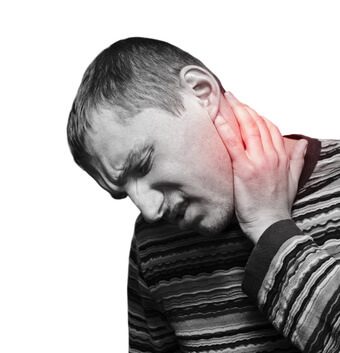Adolescence is a perilous time. This is the period from about age 10 until the early 20s when the prefrontal cortex is going through the critical “use it or lose it” blossoming and pruning process on the way to establishing an individual’s foundation for critical thinking. To ingrain critical thinking skills, young people have to exercise a lot of critical thinking, which teens find it hard to do because that part of the brain is “under construction.” This is why they need help from parents, teachers, coaches, and mentors. Without this kind of adult guidance, the window of opportunity could close forever in their early 20s with very little foundation in place. The consequences are enormous for the young person.
My message to parents has been: “You’ve got a lot of work to do.” They already sense that, I’m sure. But the work I outline goes beyond reacting negatively to a teen’s irrational behavior, mood swings, and impulsiveness.
To help feed the fires of parental motivation and commitment, I’d like to share an important insight. It has to do with the consequences when a teen goes astray and the parent fails to intervene.
Say your underage teen goes to a party at a friend’s house and alcohol is available. Naturally, there will be peer pressure to “act adult” and “have fun” and “make history” hooting it up with his pals. Say the kid fails to use judgment and gets drunk. Maybe you find out the next morning when he’s hung over and doesn’t want to go to school. The immediate consequences are your outrage that the party wasn’t supervised and underage drinking was going on, your disappointment, and the child’s ineffectiveness in school – what might happen if YOU got drunk.
This is bad enough, but if that’s all that happened, you got off easy. The first drink aggravated his limited ability to reason. As a consequence, he had more drinks, which made his impaired judgment even worse. And with that, ANYTHING could have happened: DUI, vandalism, assault, rape, even death. Seriously. I read about these incidents every week, and you probably do, too. If you think this couldn’t happen to you, you’re wrong. It happens. It’s a simple matter of cause and effect, with enormous consequences.
But the really scary thing is something else. Surely, you’ve heard the medical warnings about why a mother shouldn’t ingest drugs during pregnancy. Using alcohol, tobacco or drugs could cause her child to be born with body and brain defects. The reason is that the some of the abused substance is passed to the fetus’s brain during a time of critical brain development. If this happens at the wrong time, development will not proceed normally. The child could be mentally impaired for the rest of his life.
The same thing happens when a teenager drinks alcohol or uses drugs. They are smack in the middle of one of the most critical phases of brain development, and the substance can derail this process. If a teen drinks alcohol to excess at the wrong time, the young person could be mentally impaired for the rest of his life – permanent damage to the part of the brain that handles understanding, conceptual thinking, association, logic, evaluation, critical judgment, decision making, foresight, creativity, and planning.
Are you with me?
And that’s not all. If you don’t intervene with love, communication, and guidance, he may do it again. Which means he could be on his way to making this a behavior pattern, the one we call “alcoholism.”
The teen journey is indeed a perilous one. It’s a wonder kids get through it alive. And of course some don’t. Others survive, but make it to adulthood in pretty bad shape.
I’m sorry if my tone sounds alarmist, but the dangers are real and this is not a topic that needs sugar-coating. Many parents, not understanding that there are permanent consequences, dismiss underage drinking as “sowing wild oats.” They need better information, and so do their kids.
More about this in my new book: How Your Teen Can Grow a Smarter Brain. Revised and updated!


